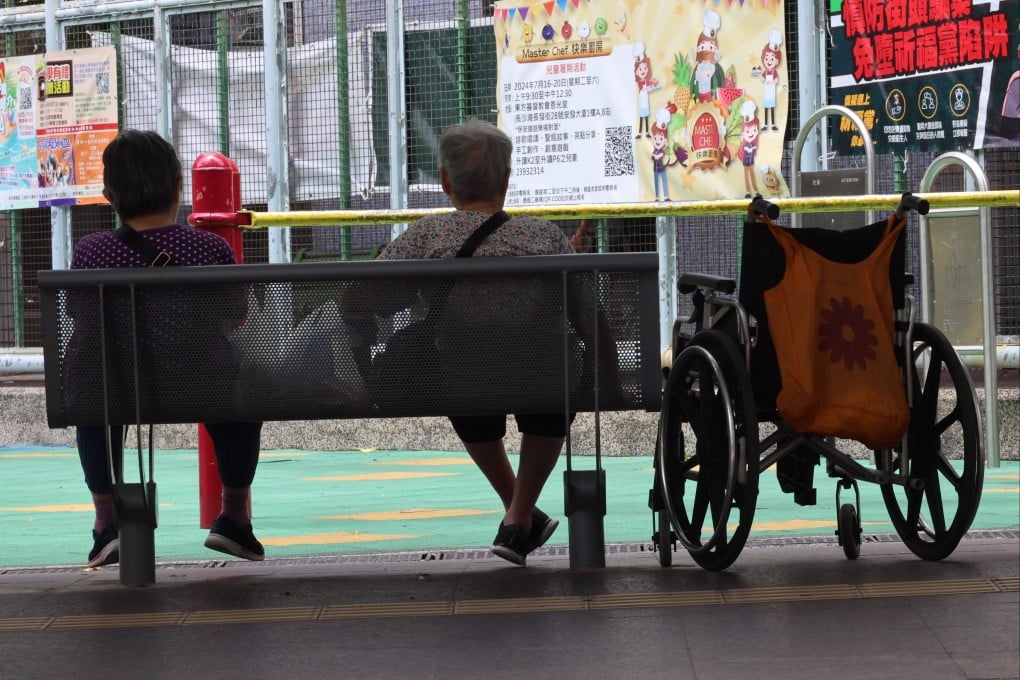Letters | Why don’t Hong Kong buildings have barrier-free access as required?
Readers discuss the slow pace of change to cater to wheelchair users, tackling hospitals’ operational issues, elderly people who live alone and the call for peace talks between Russia and Ukraine

Feel strongly about these letters, or any other aspects of the news? Share your views by emailing us your Letter to the Editor at letters@scmp.com or filling in this Google form. Submissions should not exceed 400 words, and must include your full name and address, plus a phone number for verification
It is disheartening to frequently see people on wheelchairs having to pass through the garbage area to take the freight lift just to visit their doctor in Central or have a meal in a restaurant in Tsim Sha Tsui. Some of the so-called “medical buildings” do not even provide adequate restrooms and toilet space for wheelchair users, and some of these restrooms are located by emergency staircases behind heavy fire doors and hard to get to.
The statutory requirements for disabled access have been in force since 1984. They were revised in 1997, becoming a set of design requirements for providing barrier-free access. Even so, it would appear that they have not been strictly enforced.
Property developers in some developed societies embrace the social responsibility to create a pleasant environment for residents, workers, shoppers and visitors. Buildings are designed with nice landscaping space on the street level, cleverly incorporating barrier-free access in the design. Developers are willing to give up some valuable saleable areas to provide barrier-free access to the disabled and elderly.